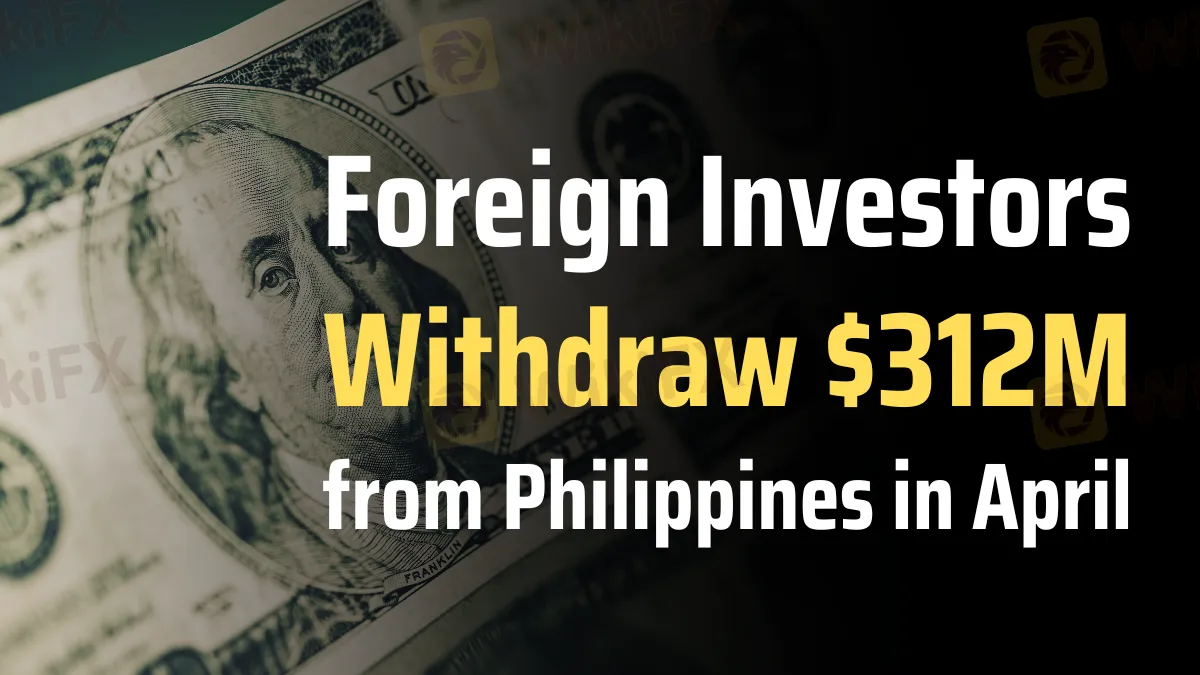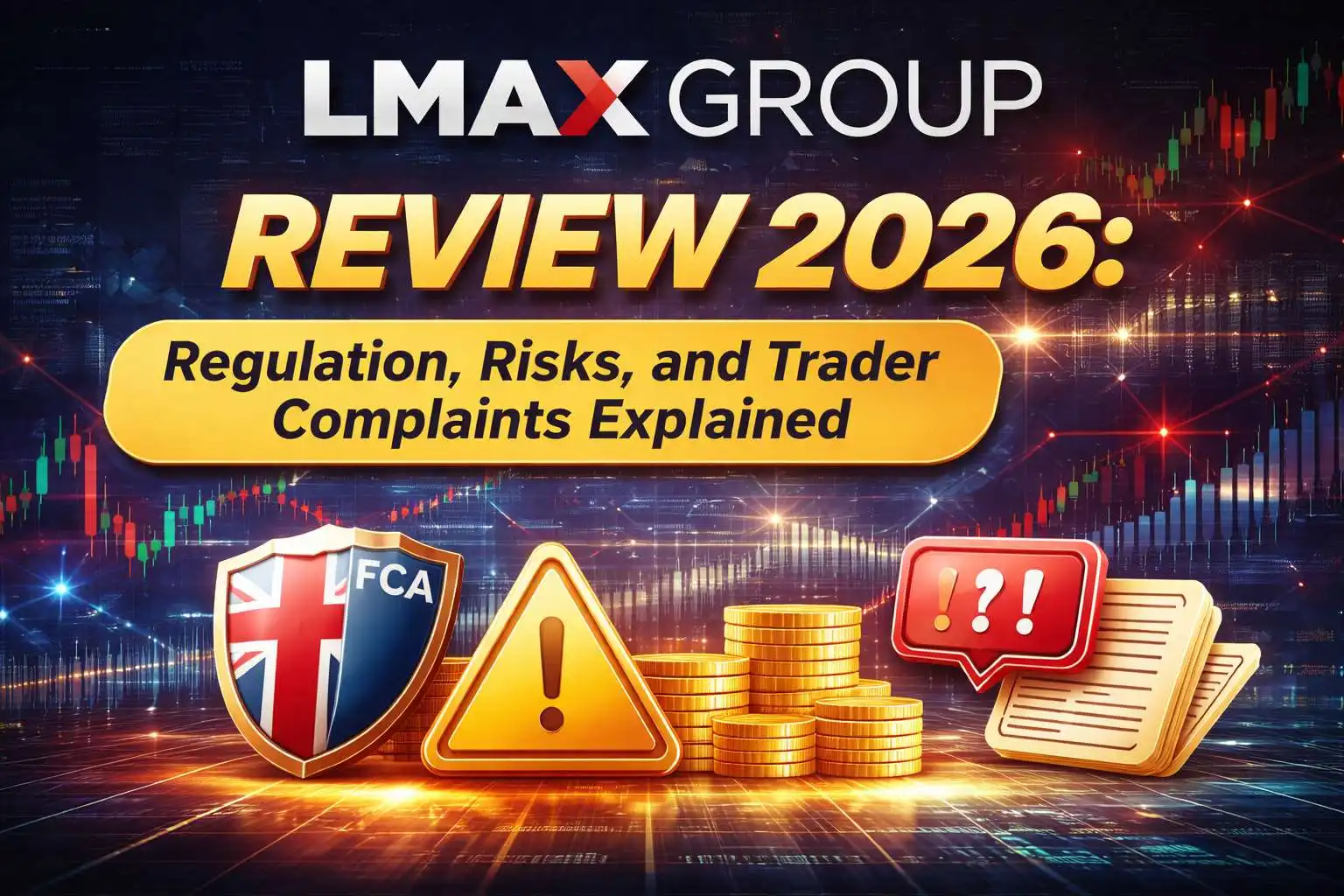Abstract:Foreign investors pulled $312M from the Philippines in April, a rise from March's $236M, says BSP. However, net inflows were seen over the first four months.

In April 2024, the Philippines suffered a substantial outflow of foreign portfolio investments, sometimes known as “hot money,” with net withdrawals totaling $312 million. This amount, announced by the Bangko Sentral ng Pilipinas (BSP), is up from the $236 million net outflows recorded in March. Despite the monthly rise, the year-on-year comparison reveals that net outflows are down from $352 million in April 2023.
The phrase “hot money” refers to foreign funds that are briefly invested in stocks and money markets to profit from short-term profits. The transactions involving these assets, which are registered via authorized agent banks (AABs), indicated total outflows of $1.2 billion and gross inflows of $914 million in April 2024.
When viewed over a longer period of time, the BSP data revealed a mixed picture. In the first four months of 2024, the Philippines received net inflows of $65 million. This is a significant increase from the $680 million net outflows over the same time in 2023.
Of the $914 million in registered investments for April, 59.5%, or $544 million, went to Philippine Stock Exchange-listed stocks. The remaining 40.5%, or $370 million, was invested in peso-backed securities. The bulk of these investments came from the United States, the United Kingdom, Singapore, Luxembourg, and Hong Kong, accounting for 87.9% of the total inflows.

In April, gross withdrawals were $1.2 billion, a 25.4% decline from $1.6 billion in March. The United States was the biggest beneficiary of these outflows, receiving $527 million, or 43% of total external remittances.
The statistics revealed that registered investments increased by 28.2% year on year, from $713 million in April 2023 to $914 million in April 2024. Simultaneously, gross outflows increased 15.1% from $1.1 billion the previous year.
The BSP's guidelines on foreign currency transactions make declaring inbound foreign investments via AABs optional. However, it becomes important if the investor intends to acquire foreign currency from AABs or their subsidiary/affiliate foreign exchange firms in order to repatriate money and remit profits. Without such registration, foreign investors may still repatriate cash and remit profits, but the foreign currency must be obtained outside of the banking system.
Despite the hard month of April, the overall foreign investment picture for the year to date has been favorable, with net inflows signaling a possible rebound and restoring confidence in the Philippine market. The central bank's surveillance, as well as the changing dynamics of global financial movements, continue to shape the country's investment climate.
Also, check the latest news on the financial market here.











